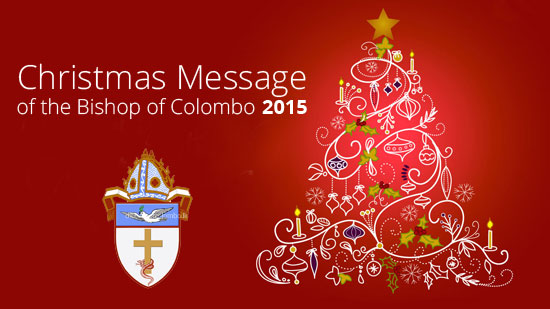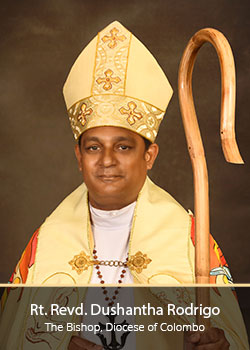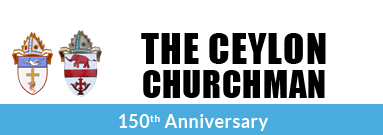
“ For unto us a child is born, unto us a son is given”
We enter the season of Advent and Christmas this year in a land that has undergone significant political changes. Last year we kept the feast of Christmas alongside a keenly fought election campaign. The world or the society we live in intrudes into religion and religion permeates society and is called to make an impact for good.
The Gospels bring out this historical-political dimension clearly, in situating the nativity in a given historical framework with an Emperor, a King and a Governor, each playing a role in the overall narrative.
The central event in this narrative is the Incarnation. God sending his Son in the form of a tiny helpless baby, born of a peasant girl and her carpenter husband to bring a message of hope and of redemption to the entire world.
In this event is also found a central paradox of the Christian faith. That the creator God, Lord of the universe, stoops low, “making himself nothing by taking the very nature of a servant made in human likeness, humbly walking the path of obedience accepting even death by crucifixion” - the fate of a rebel or of a common criminal.
The kingdom which this child Jesus strove to establish was one where the value system of the world was overturned and replaced by those of God’s reign or kingdom which he announced was upon us. In this kingdom it was not the Powerful who would inherit the earth, but the Meek, the Poor in spirit would inherit the kingdom of heaven and the Peacemakers would be called the Children of God.
As we enter into the season of Advent and Christmas and participate in the joyful celebration associated with this festival, let us not lose sight of the paradoxical message that the Christ Child bring us.
May God grant us his grace to see this “true light that lights every person who comes into this world “
Rt. Revd Dhiloraj R. Canagasabey
Bishop of Colombo





